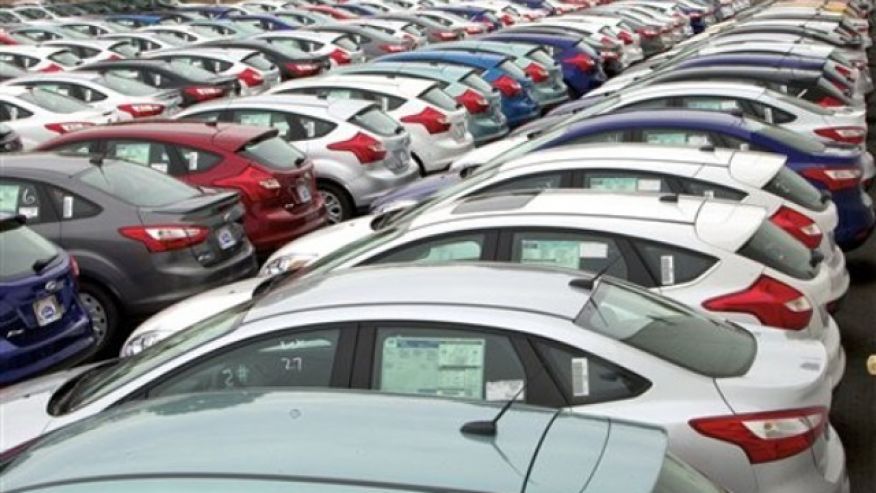Owning a car is no longer just a status symbol but a convenient and fast means of moving around. Even in cities with relatively efficient public transportation systems such as Tokyo and New York, the rate of car ownership is still quite high. Your car can take you to places it would be difficult and time-consuming to get to using public transport.
Nevertheless, a personal car isn’t (at least directly) a money-making asset. On the contrary, it requires money to run and maintain it. While individual auto expenses may not seem like much, the cumulative costs of running a car can jeopardize your financial security in the long run. The following is a look at ways you can keep a lid on your vehicle expenses.
Buy a Used Car
Most new cars will see a depreciation in value of at least 15 percent after the first 12 months. Within just 5 years, the vehicle will be worth less than half of the original purchase price. This is a massive financial hit and doesn’t even take into consideration the money you spend each year on fuel, maintenance, repair and insurance.
Ergo, unless you are in the country’s top 20 percent wealthiest households, buying a new vehicle isn’t worth it. You can find a 5-8-year-old car in pretty good shape whose purchase and maintenance costs are pocket-friendly. Of course, you have to be certain that the used car is reliable. An unreliable vehicle can wipe out any savings you made from shunning a new car.
Routine Maintenance
A lack of regular maintenance can be the difference between low repair costs and crippling endless auto expenses. Follow the recommended service schedule that’s pegged on mileage or months of use. Different manufacturers and car models have different recommendations so follow the guidelines specific to your vehicle.
At the minimum, basic maintenance must involve checking tire pressure, tire wear and fluid levels whenever you are filling up the gas. Routine maintenance must at various mileage and time milestones over the long-term include oil change, tire balancing and rotation (see the importance of tire rotation), brake pad replacement, air filter replacement, transmission fluid refill, power steering refill, timing belt replacement and battery service.
Maintenance may seem like a needless expenditure but it saves you money in the long-term.
Drive Less
The convenience of having a car to take you wherever you want to go is also one of its biggest drawbacks cost-wise. Once you get into the habit of driving regularly, it is only natural that you’ll want to get into your car even when you want to go to the neighborhood store just a couple of hundred meters away from your home.
Remember that each time you turn on the car’s ignition, you are spending money. Look for opportunities not to drive. Walk or cycle whenever you can (it’s great for your health too). Take a bus, train or plane whenever it’s cheaper to do so. You’ll not only avoid spending money on fuel but you also reduce or delay the costs of wear and tear such as part replacement.
Drive Sensibly
Aggressive driving habits such as rapid acceleration, hard braking and extended speeding are the fastest ways to burn gas. Such habits lower your gas consumption per mile by as much as 33 percent on intercity highways and 5 percent within cities.
The sweet spot of gas mileage is about 50mph. Speeds above this see a rapid rise in gas usage. It’s the equivalent of paying at least 20 percent more for gas per gallon. Not everyone who drives aggressively necessarily wants to. Often it comes down to poor planning and time management. For example, if you leave for work early, you can drive at a more leisurely pace.
The cost of owning and operating a car only trails the mortgage and general home expenses in the ranking of largest household expenses. The above tips can help you manage your car costs and make sure your vehicle doesn’t eventually lead you into personal financial ruin.







